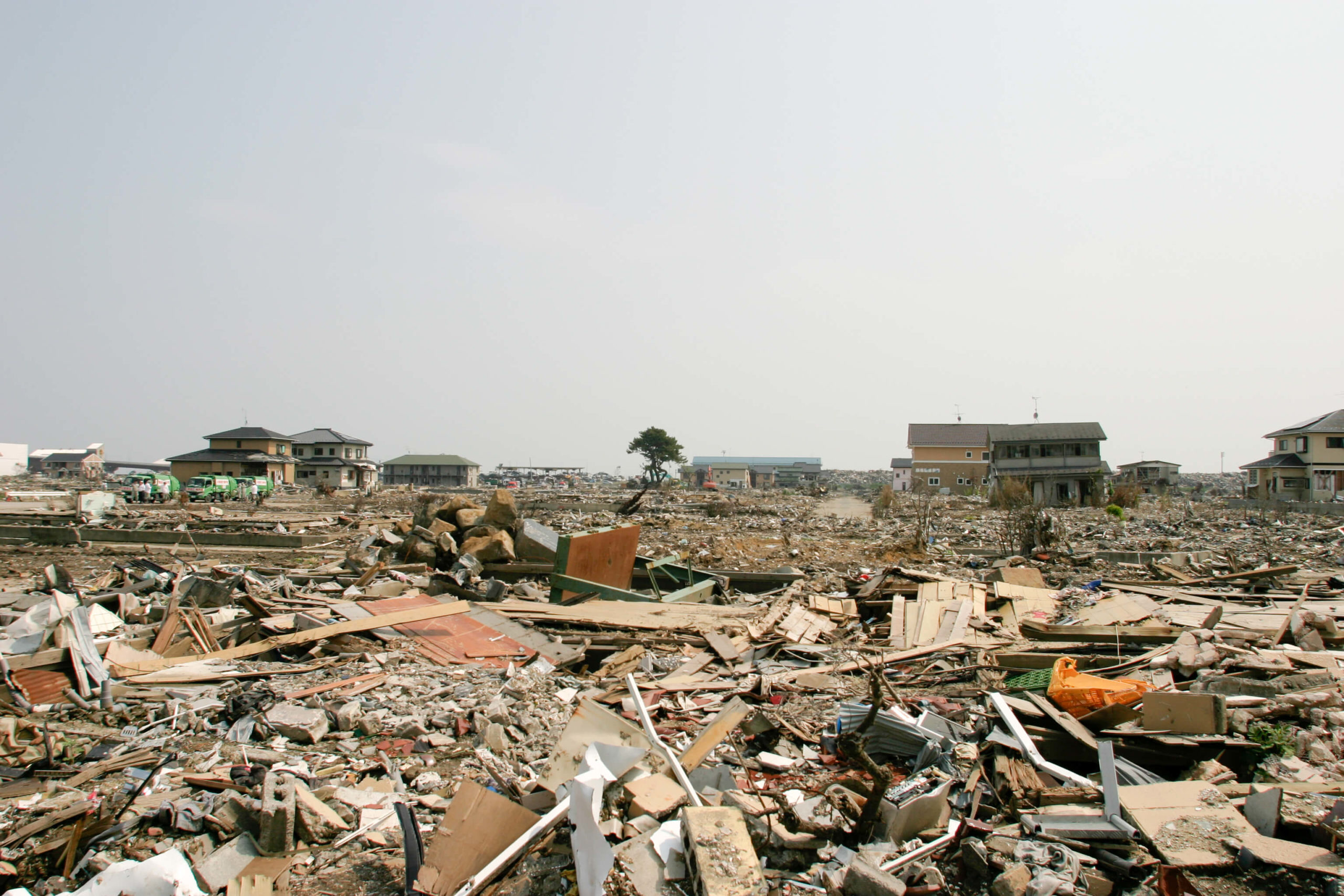
Last Updated: 12 Jul 2020 Two words for firms that truly want to help Japan: Buy Japanese
The new financial year has started for most Japanese companies. Many employees must be sitting gazing at spreadsheets, wondering what to make of the last quarter, which in many industries was supposed to be a final fillip to the year as sales people and purchasers rush to close deals before the end of March. Executives must also be staring at the stream of results and forecasts being submitted by each business unit, flicking through their midterm plans, wondering what, exactly, they can say at forthcoming annual results press conferences and investor relations briefings that would be credible.
All around Japan, somber entrance ceremonies for new students and employees are taking place in schools, universities and companies and there will be much use of words like “gambare!” (do your best), knowing that in many schools, universities and companies, these ceremonies cannot take place, or that many people who should be there are missing. Amongst all this uncertainty, people will be looking for reassurance and stability. There will be some comfort in the inevitability of the cherry blossom season arriving, even amid devastation. But the reliable seasonal rhythms of Japanese business have been radically disrupted, making it difficult to focus on the long term. And as anyone who has done business with Japanese companies will know, supplier and customer relationships are founded on the long term view. Negotiations over contracts are less about the black and white of the last tiny detail and more about seeking reassurance that a relationship can be built which will endure when things go wrong. And now things have gone spectacularly and tragically wrong. Japanese suppliers, customers and partners know that they can rely on each other to work day and night to get their usual supply chains back up and running. But what of non-Japanese customers, partners and suppliers who do business with Japan?
There have been rumours of competitors to Japanese companies seizing the opportunity of the earthquake aftermath as a chance to woo non-Japanese customers away from Japanese suppliers. Within days of the earthquake, non-Japanese customers have been asking impossible to answer questions of Japanese suppliers about when production will be resumed, what the exact long term impact is going to be and what kind of checks are going to be made to ensure that products which are not even edible are not somehow dangerously contaminated with radiation. The threat that they will take their business away in the long term for short term reasons is clear.
One comment from a Japanese rescue team member has stuck in my mind. He said we should not say “gambare” to the survivors, but reassure them we will do all we can to support them. I hope the international business community will not think it sufficient just to say “do your best” to Japan and make a donation to a relief agency. We should all be in business for the long term, and Japan needs our support even after the immediate crisis is over. So buy Japanese – the overwhelming evidence from the past is that Japanese companies will not let customers down.

